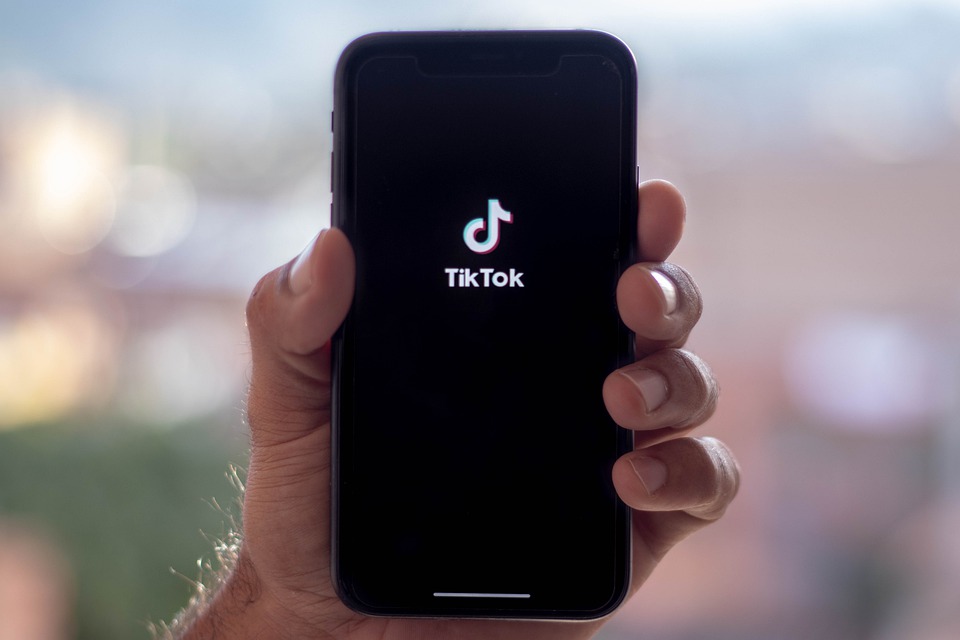
11 Jul A TikTok video said to invest in life insurance. Should I?
Photo: pixabay.comQ. I have $70,000 tied up into Certificates of Deposit (CDs). It’s time to roll them over again or take the money out. I was unaware of life insurance benefits where I could’ve put my money into a whole life insurance policy and into index funds and receive higher interest. I saw it on TikTok videos. Should I remove my $70,000 that’s barely making any money and put it in a whole life insurance policy index fund? I will receive a pension also in about five years and I have another account with $20,000. I would keep my New Jersey home as a rental and then move to Florida.
— Maybe the grass is greener
A. We’re not saying that a TikTok video can’t give good financial advice, but hearing something on any social media should only be the beginning.
You have to do your research before you buy any kind of investment, especially something that’s being solicited online.
The key question you’ve posed is whether or not you should take out your $70,000. This is difficult to answer without better understanding the purpose of this money in the context of your overall financial picture, said David Principe, a certified financial planner with SAGEbroadview Wealth Management in Morristown.
He said for some people, that amount of money may be an emergency cash reserve, while for others, it may have a very specific purpose in a very specific amount of time, such as buying that house in Florida. For others, this could represent their entire life savings and for you, it could be something different altogether, Principe said.
To answer your question, it is important that you be clear about its purpose and how immediately you need to be able to access it, he said.
From there, you can make an informed decision about what financial product is most appropriate to use, even if it’s not the one returning the highest return, he said.
“It could be a money market savings account linked to your primary checking is best – this would provide immediate access to the cash, but would almost certainly provide you with the lowest rate of return possible,” Principe said. “You could also leverage a high-interest, online savings account, or even an online CD, which could provide a higher level of interest than you’re currently getting, but might take an extra couple of days to have access to your cash.”
I Bonds could be a consideration for some of your available cash, Principe said, though you’d be limited in how much you could invest. Individuals can only invest $10,000 a year in I Bonds, not counting an additional amount you can purchase when you file your tax return.
“Like a CD, you’d be restricted from any distributions during the first 12 months and would be slightly penalized during subsequent 48 months, but interest rates for the moment are vastly superior to any rate you can get from savings banks,” he said.
Of course, depending on your goals, time horizon, and risk tolerance, you could even be better off using a diversified portfolio of index mutual funds, but that should really be reserved for longer-term goals, he said.
Now to the life insurance product you mentioned.
Any sort of indexed life insurance product may offer very attractive benefits that, depending on your situation, could be exactly what you need, Principe said. However, they also often entail relatively complex contracts that are not simple to understand and that may wind up exposing you to additional fees that eat away at or reduce your anticipated growth, he said. Moreover, they may also restrict your access to the principal.
“There is certainly now a plethora of information available online via social media, including TikTok and other websites,” Principe said. “However, I would treat those as I would this advice column: simply `educational’ and not actionable advice.”
Instead, he recommends you turn to a live financial advisor who can understand your personal situation and who is qualified to analyze any insurance contract or other complex financial product before you sign on the dotted line.
You can find a fiduciary who is a fee-only advisor who will work on an hourly or project basis through organizations like the Garrett Planning Network, the XY Planning Network or the National Association of Personal Financial Advisors (NAPFA).
“The grass within an indexed whole life insurance policy may be just the color green that your situation demands, but you should have a clear understanding of what you need and then how the money goes in/comes out before you commit your capital to such a product,” Principe said.
Email your questions to Ask@NJMoneyHelp.com.
This story was originally published on July 11, 2022.
NJMoneyHelp.com presents certain general financial planning principles and advice, but should never be viewed as a substitute for obtaining advice from a personal professional advisor who understands your unique individual circumstances.

